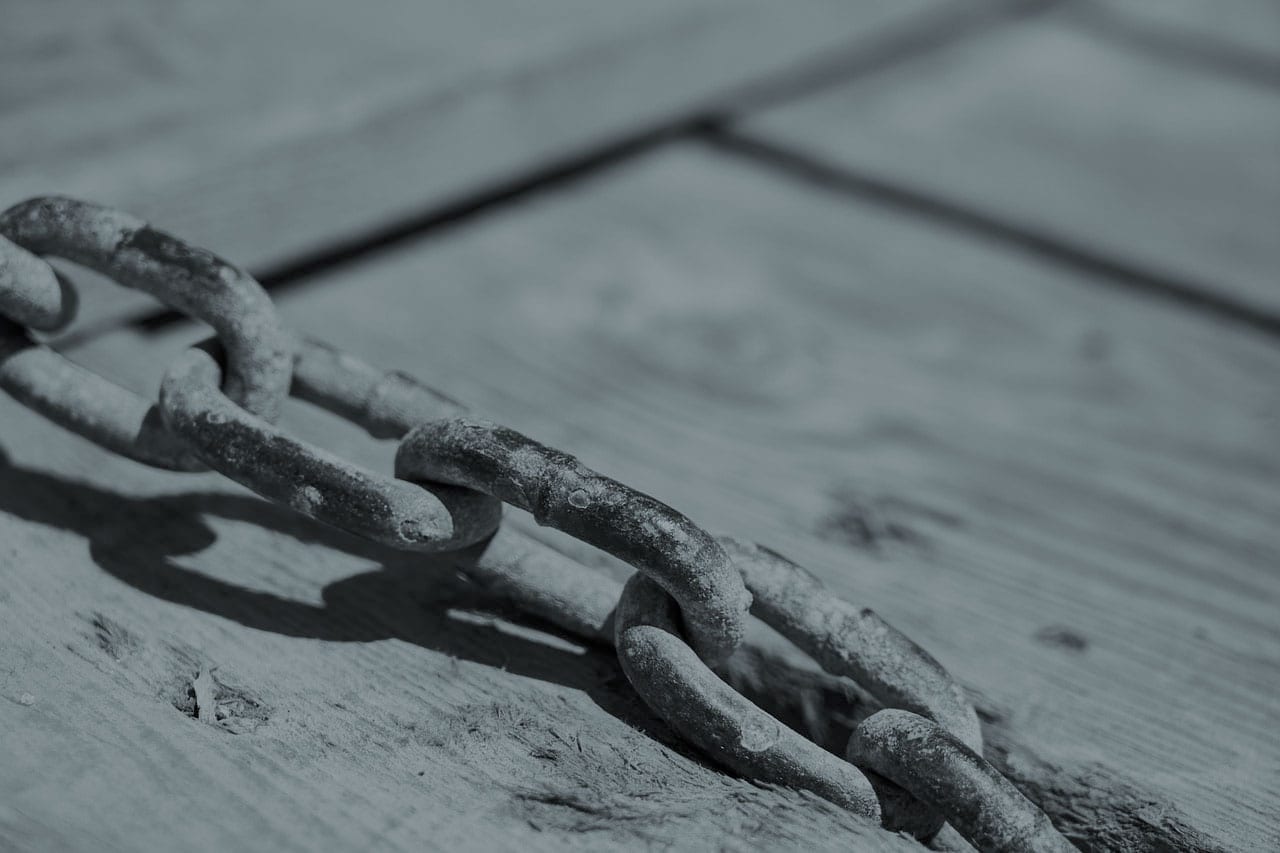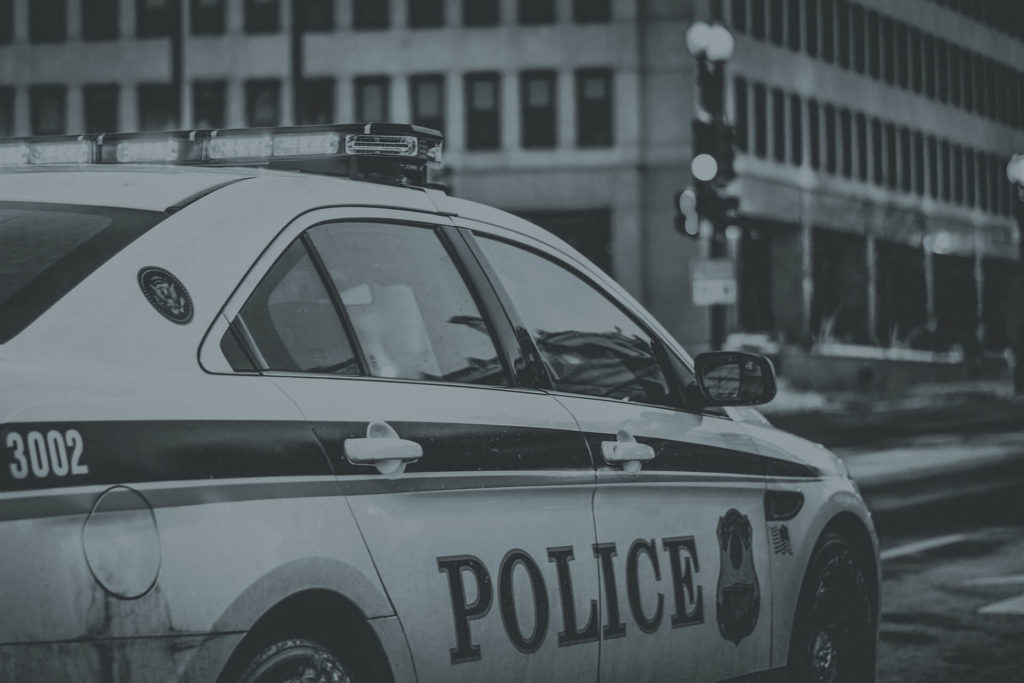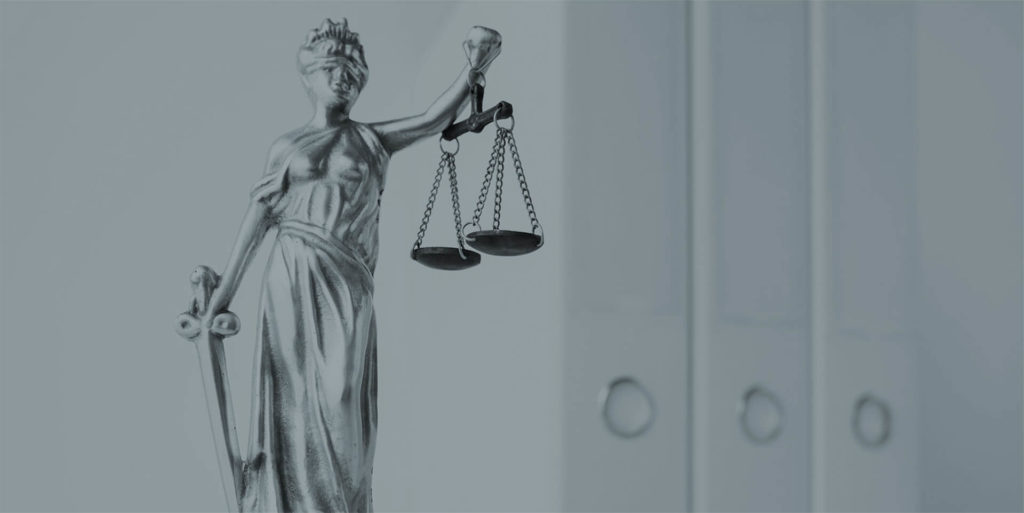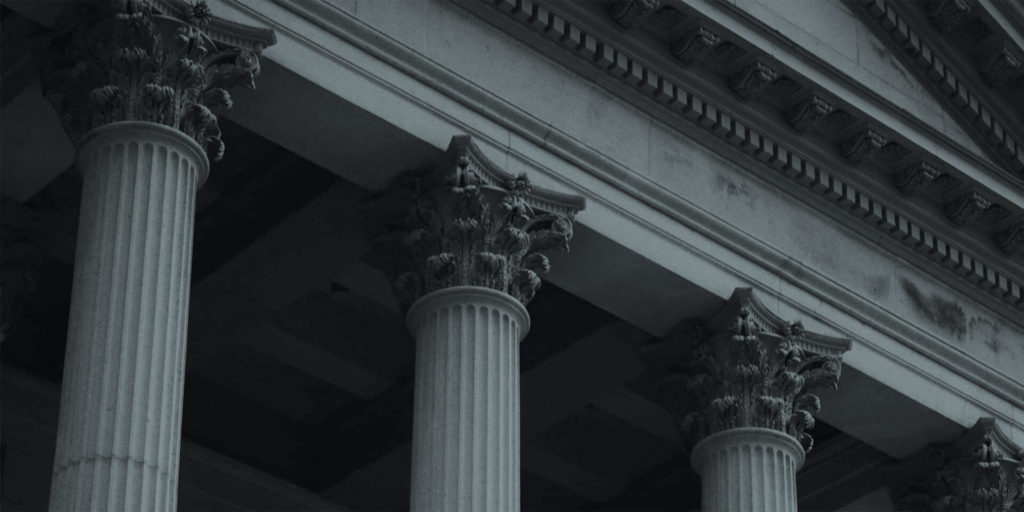Send your enquiry.
Contact us for a free, initial no obligation consultation.
"*" indicates required fields
Your information is safe and treated in accordance with our Privacy Policy
Our criminal solicitors have successfully argued the defence of modern slavery in numerous cases – including county lines drug offences. To find out more, please contact us for a free initial enquiry with our Solicitors London.
You can call us on 0333 009 6275. We are available to take your call 24 hours a day, 7 days a week.
You can also email us on enquiries@ashmanssolicitors.com or complete our Free Online Enquiry Form and we’ll be in touch soon
Modern slavery in the UK
Modern slavery is when someone is held in a position of slavery, servitude and forced or compulsory labour. Or trafficked with the intention of exploitation.
Sadly, modern slavery still exists in the UK. Often, those subject to modern slavery are forced to carry out illegal acts. In fact, modern slavery is closely linked to ‘county lines’ drug rings. This is when children and vulnerable adults are made to smuggle drugs across the country. Typically, they are targeted by criminal organisations and feel they have little choice but to comply. Perhaps because they have been threatened, or perhaps because they fear arrest and punishment. If you feel that your rights have been infringed then speak with our Criminal Law Solicitors.
Can modern slavery be used as a criminal defence?
The law recognises that victims of modern slavery may technically be guilty of committing a criminal offence, yet they were not acting of their own free will. In these situations, it is possible to argue a defence of modern slavery. This means the accused was compelled to carry out a criminal act due to slavery or exploitation. You may be under investigation from the Operation Venetic and may need to speak with our EncroChat Solicitors.
Modern slavery can be used as a defence where the accused has been charged with –
- County lines drugs offences
- Immigration offences
- Minor assaults
- Theft
- Conspiracy
However, the defence of modern slavery cannot be used in certain scenarios. This includes serious crimes such as murder, manslaughter, kidnapping, piracy and serious violence. Also, it is not applicable to firearms offences, robbery, burglary, arson, criminal damage. Along with most sexual offences, and modern slavery offences.
What needs to be proved?
If you want to use the defence of modern slavery, it is first necessary to establish that you are (or were) a victim of slavery of exploitation. What happens next depends on whether you are under the age of 18, or over the age of 18.
For those over 18, it must be established that the criminal charges were committed under a compulsion due to slavery or exploitation. Your criminal solicitors must prove that –
- The crime was committed because you were made to do it
- You were made to do it for some reason connected to the slavery or exploitation
- A reasonable person, with the same characteristics, would not have had a realistic alternative in that situation
For those under 18, it must be established that the criminal charges were committed as a direct consequence of slavery or exploitation. Your criminal solicitors must prove that –
- The crime was committed as a result of you being (or having been) a victim of slavery or exploitation, and
- A reasonable person, with the same characteristics, would have done the same
Section 45 of the Modern Slavery Act
Under section 45 of the Modern Slavery Act 2015, a person may defend their actions, if they were forced to commit a criminal offence due to slavery or exploitation. For the defence to succeed, it must be proven that a reasonable person in the same position with the same characteristics would have done the same thing.
This is precisely the defence that was used in a recent case involving a 15-year-old boy, known as M.
Example Of Modern Day Slavery Cases
M’s case
M was seen going into a KFC with two known young gang members, who had a history of carrying knives. All three were searched. M was found to have a hunting knife, along with packets of heroin and cocaine.
At trial, it was heard that M was in fact a missing child. He had been found in an area with which he had no connection. He had no previous cautions or convictions. And, he was with two boys with a significant criminal history involving drugs and bladed articles. The Single Competent Authority (SCA), which identifies cases of modern slavery in the UK, had also decided that M had been recruited, harboured and transported for the purposes of criminal exploitation.
The defence argued on M’s behalf that he was compelled to carry a knife and illegal substances because of modern slavery. The prosecution countered this argument, claiming the defence had failed to meet their evidential burden. This is a legal concept which, in this case, required the defence to provide sufficient evidence to prove that M was indeed a victim of modern slavery or exploitation. The District Judge dismissed this idea and M was acquitted.
The Court of Appeal
The case then went to the Court of Appeal. Once again, the question was: did the accused discharge the evidential burden on him in raising the defence? Once again, the Court found in M’s favour. It was satisfied that M had met the evidential burden, even though he had not given evidence himself. Instead, the direct evidence was enough to justify the conclusion reached by the District Judge, namely that M was a victim of exploitation and that his offending was in direct consequence.
New Sentencing Guidelines for Modern Slavery Offences
New sentencing guidelines have been published for four offences under the Modern Slavery Act 2015. The guidelines have been updated following an increasing number of cases coming before the courts.
Modern slavery – what are the new sentencing guidelines?
The Sentencing Council has developed new sentencing guidelines for adults convicted under the Modern Slavery Act 2015. These will come into effect on 1 October 2021. The changes relate to four offences in particular, which are:
- Holding someone in slavery (section 1)
- Human trafficking (section 2)
- Committing an offence with the intention of committing a human trafficking offence (section 4)
- Breach of a slavery and trafficking prevention order, or a slavery and trafficking risk order (section 30)
Holding someone in slavery and human trafficking
The offences of holding someone in slavery and human trafficking are often sentenced together. The Sentencing Council has therefore decided to produce one guideline to cover both offences.
The most serious cases carry a maximum penalty of 18 years’ imprisonment for offenders who played a leading role, with a substantial financial gain, and who exposed victims to a high risk of death.
Under the new guidelines, an offender’s culpability will increase if threats were made to the victim or their family. This also applies if the offender had an expectation of substantial financial gain and material advantage.
Harm can be assessed in various ways, including expert evidence based on factual evidence from the victim. However, the courts are asked to remember that victims may not be obviously traumatised, as they may not recognise their own victimhood. If the victim is said to have consented, then this should be treated with caution. Sentencers should not assume that the absence of evidence from those trafficked means a lack of harm or seriousness.
Committing an offence with the intention of committing a human trafficking offence
This offence carries a maximum sentence of 10 years’ imprisonment. When deciding on a sentence, the court should begin with the appropriate sentence for kidnap or false imprisonment. An additional two years’ imprisonment should then be added to reflect the intention to commit human trafficking.
Breach of a slavery and trafficking prevention order, or a slavery and trafficking risk order
The new sentencing guidelines say such breaches should be treated in the same way as breaches of criminal behaviour orders or sexual harm prevention orders.
How can we help?
If you were forced to carry out a criminal offence and have now been charged by the police, we understand how frightened you will feel. But there is help available. Our criminal solicitors can advise whether you have been the victim of modern slavery, and whether this defence can be argued in court. If so, we can act on your behalf, presenting a case that demonstrates your innocence.
We know that modern slavery cases often involve children and people who are vulnerable. You may even be scared to speak up. We promise to handle such cases with the utmost sensitivity.
If you would like to know more, contact our criminal solicitors for a free initial enquiry.
You can call us on 0333 009 6275. We are available to take your call 24 hours a day, 7 days a week.
You can also email us on enquiries@ashmanssolicitors.com or complete our Free Online Enquiry Form and we’ll be in touch soon.




